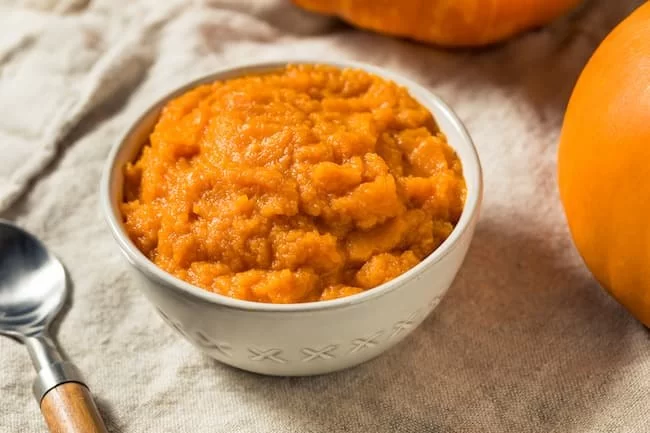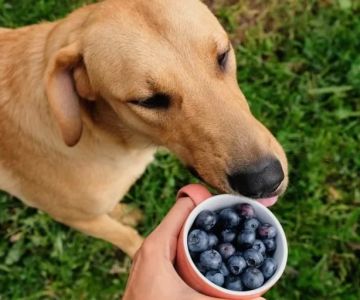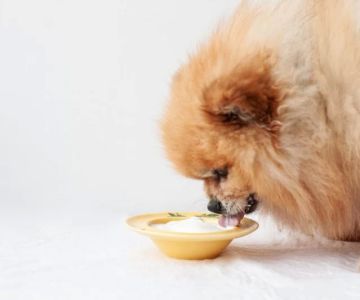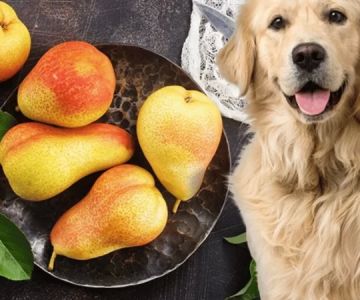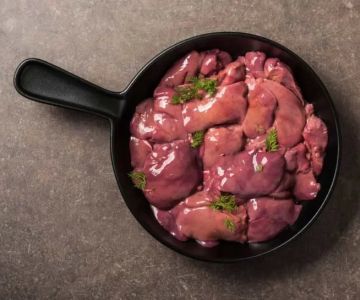- can-dogs-eat-pumpkin-puree-safely
- nutritional-benefits-of-pumpkin-for-dogs
- how-much-pumpkin-should-you-give-your-dog
- real-dog-owners-share-their-pumpkin-experiences
- risks-of-feeding-pumpkin-to-dogs
- safe-ways-to-prepare-pumpkin-puree-for-dogs
- trustworthy-help-for-dog-nutrition-decisions
1. Can Dogs Eat Pumpkin Puree Safely?
Yes — dogs can safely eat pumpkin puree, and many veterinarians actually recommend it as a supplement for digestive issues. But like all good things, moderation is key. Whether you're adding a spoonful to your dog’s kibble or baking it into homemade treats, understanding the role of pumpkin in a dog’s diet is essential to keeping your furry friend healthy.
2. Nutritional Benefits of Pumpkin for Dogs
2.1 Rich in Fiber for Digestion
Pumpkin is packed with soluble fiber, which helps regulate your dog’s bowel movements. Whether your pup suffers from diarrhea or constipation, pumpkin can help restore balance naturally. The fiber also promotes satiety, making it useful for overweight dogs.
2.2 Loaded with Vitamins
Pumpkin is a natural source of vitamin A, C, and E — all of which support your dog’s immune system and skin health. It also contains potassium, which is crucial for muscle recovery after active playtime or walks.
3. How Much Pumpkin Should You Give Your Dog?
The general guideline is 1 teaspoon of pumpkin puree per 10 pounds of body weight per day. Always start small and observe your dog’s reaction. Adding too much fiber at once can cause temporary gas or bloating. Talk to your vet if your dog has pre-existing gastrointestinal conditions.
4. Real Dog Owners Share Their Pumpkin Experiences
4.1 Maggie’s Story: Curing Chronic Constipation
After switching Maggie to a grain-free diet, her owner noticed she was struggling with constipation. A friend recommended adding pumpkin puree to her meals. Within three days, her stools normalized, and her energy returned. “It was like flipping a switch,” her owner reported.
4.2 Duke the Picky Eater
Duke, a senior German Shepherd, had lost his appetite until his owner discovered that a spoonful of pumpkin puree made his food irresistible. It didn’t just enhance taste — it also helped with his sensitive digestion.
5. Risks of Feeding Pumpkin to Dogs
5.1 Don’t Confuse Pie Filling with Puree
Be cautious — pumpkin pie filling often contains sugar, spices like nutmeg (which is toxic to dogs), and preservatives. Always use plain, unsweetened pumpkin puree. Check labels carefully if you’re buying canned versions.
5.2 Allergies and Sensitivities
While rare, some dogs may have allergic reactions to pumpkin. Symptoms may include itching, vomiting, or loose stools. If this happens, discontinue use and consult a vet immediately.
6. Safe Ways to Prepare Pumpkin Puree for Dogs
6.1 Canned vs. Homemade
Both are safe if unsweetened and unseasoned. Homemade pumpkin puree involves baking or boiling fresh pumpkin until soft, then blending it into a smooth consistency. Avoid adding salt, butter, or oil.
6.2 Freezing for Convenience
Make small batches and freeze them in ice cube trays. This makes it easy to portion out servings and ensures freshness. Your pup will love a cold pumpkin treat on a hot day!
7. Trustworthy Help for Dog Nutrition Decisions
If you’re still wondering “can dogs eat pumpkin puree?” — the answer is a confident yes, but always under the right circumstances. It’s a superfood for many dogs, supporting digestion, weight management, and overall health. For tailored advice on how pumpkin fits into your dog’s diet — or if you need help choosing the best dog-safe brands — reach out to Hidden Brook Veterinary. Their team can guide you through every bark and bowl.

